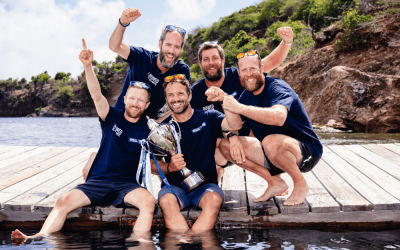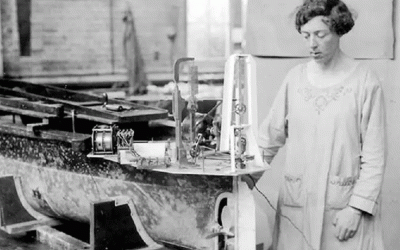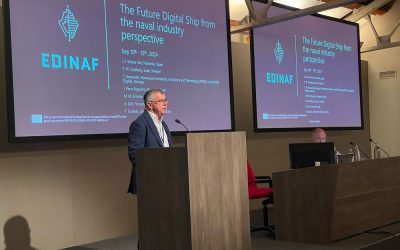
“Some companies will face a liquidity crisis as a result. The ability of shipping companies has decreased due to the pandemic and when deliveries of many ships have been postponed, companies in the supply chain are finding it difficult to find other projects to fill the gaps in demand. Expectations have been lowered as a consequence,” she explains.
It is important that the entire supply chain of the cluster can survive the present situation, because it is difficult to build it back up if competence has been lost. “Although it’s not easy to list all sectors of the cluster that are likely to suffer most, turn key contractors probably are among the worst hit,” Andersson notes.
Postponed deliveries of ships will lead to delays in payments to companies in the supply chain, but luckily the large cruise shipping groups were able to secure funding and have not been forced to cancel orders. Given the present crisis in the sector, this is of vital importance.
Driving R&D investment
Reduced cash flow means that many companies have been compelled to look at all their expenditure, including research and development (R&D). A few have adopted a counter-cyclical approach and they continue investing in R&D despite the present challenges.
Andersson says: “Digitalisation and clean technologies are obvious sectors to receive funding. A crisis is always also an opportunity: it forces people to think along new lines and to innovate”.
At the moment, there is no clear visibility regarding when the situation might start to improve. “The ability of shipowners to invest holds the key. In many sectors of freight shipping, this has been low for quite some time. It will take time before we will see a resumption of cruise ship orders,” Andersson concludes.
Tapio Karvonen, senior researcher of maritime studies at the University of Turku tells The Naval Architect that Covid-19 has presented cruise shipbuilding with a new situation but not an untenable one. For example, Meyer Turku shipyard now intends to build just one large cruise liner per year instead of the earlier pace of 1.5 ships.
“The main point here is that no orders have been cancelled, rather deliveries have been pushed further into the future.”
He adds: “The ability to design and build icebreakers and ships that operate in ice conditions remain a key area of competence for the cluster, which has been confirmed by [the ongoing] FinnishSwedish icebreaker project.”
Uniting academia and the maritime cluster
Meanwhile, Aalto University and Pentti Kujala, its professor of marine technology, are leading an R&D project called MarineX, which brings together various companies in the maritime cluster and a number of universities. Focusing on passenger ships and shipping, it was launched before the Covid-19 pandemic broke out and the project participants have applied a €10 million grant from Business Finland, which would cover 50% of the project’s budget.
As work has progressed, MarineX has expanded from design and engineering aspects to include health onboard. Digitalisation and IT are also a major part of the project, Kujala points out.
“The cluster wants to position itself at the top in a global context. It wants to drive development forward by working together – the entire cluster, not just companies,” he continues.
The EU has funded several projects in the same area as MarineX, but these have been without visible input from universities. The MarineX initiative will help the Finnish maritime cluster to adopt a more active approach to European co-operation in the future, Kujala believes.



